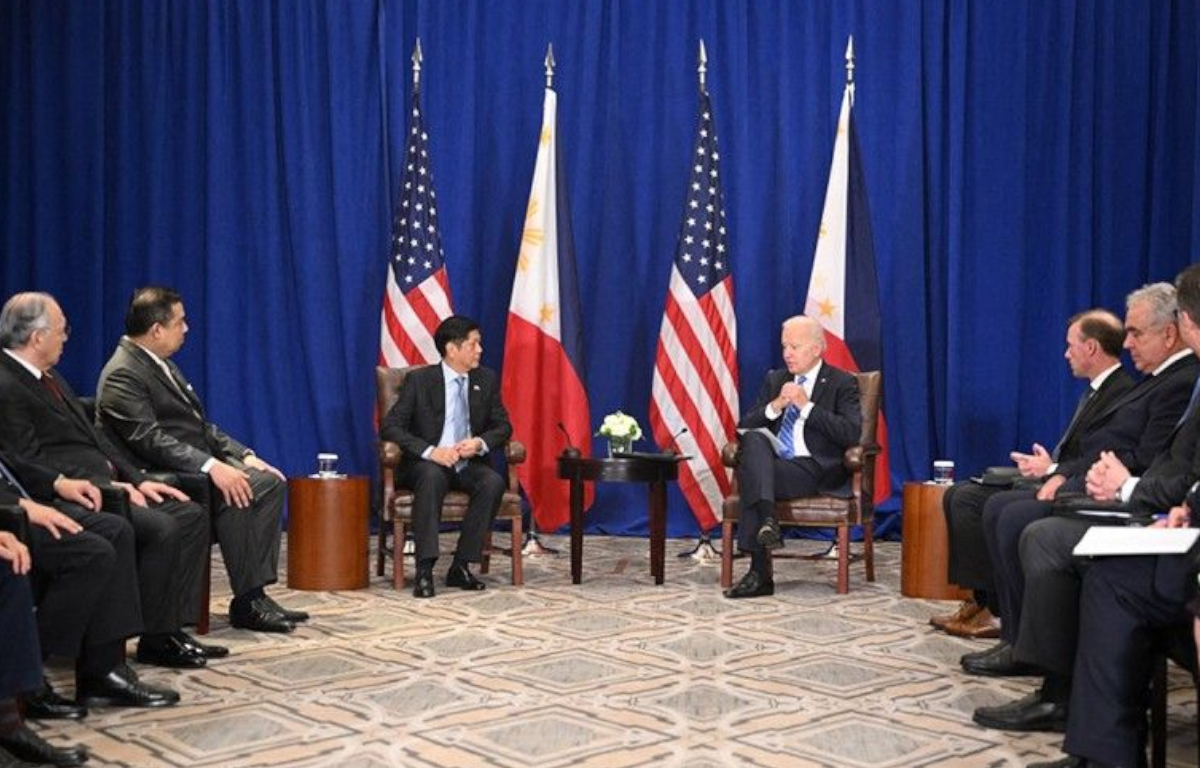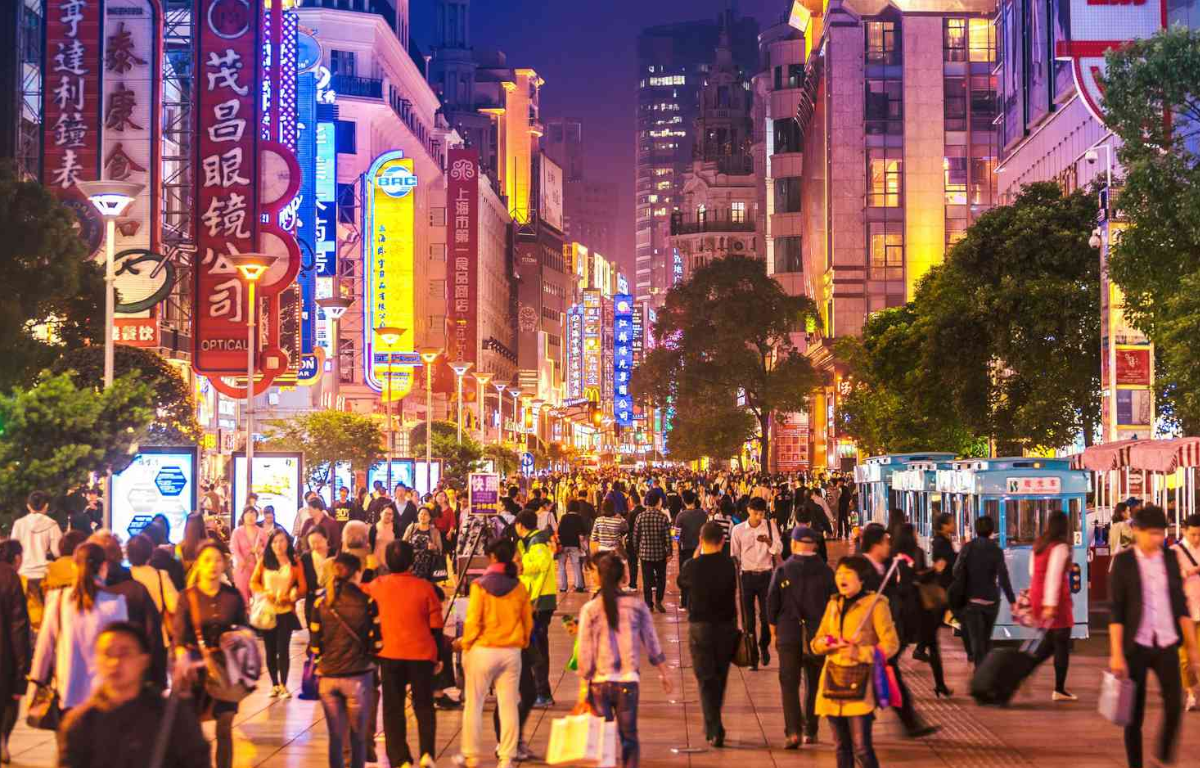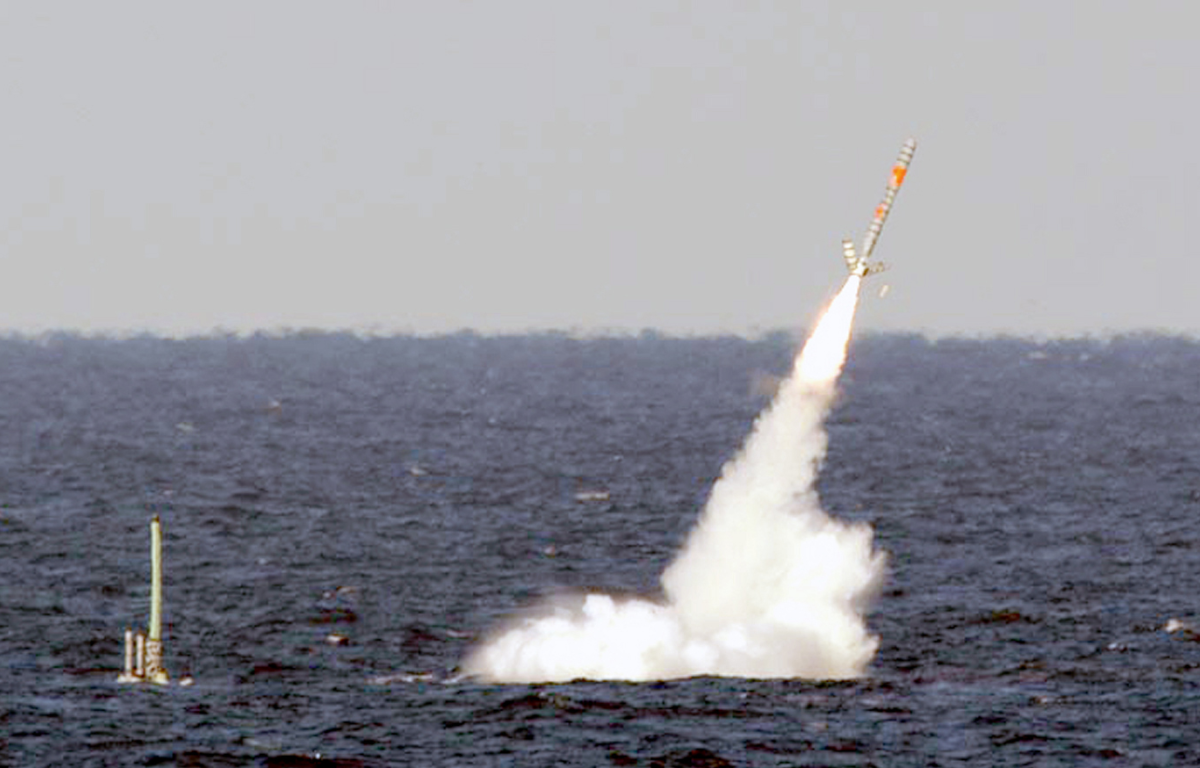
One of the most significant distinctions between India and China is their political systems. India stands as the world’s largest democracy, with a robust and vibrant electoral process. This democratic ethos promotes pluralism, inclusivity, and respect for human rights. In contrast, China maintains a one-party system that lacks the same level of political openness and transparency.
India’s democratic framework is not just symbolic; it’s practical. The democratic process allows for a diversity of voices to be heard, leading to more comprehensive decision-making that considers the needs and aspirations of its citizens. This inclusive approach is particularly relevant to the developing world, where many nations are striving to strengthen their democratic institutions.
In recent years, the global community has been increasingly focused on sustainability and environmental stewardship. India has embraced this shift by placing a strong emphasis on sustainable development. Initiatives such as the International Solar Alliance, which seeks to promote solar energy adoption worldwide, and efforts to combat climate change, demonstrate India’s commitment to addressing critical global challenges.
China, while making progress in certain areas of sustainability, has also faced criticism for its environmental practices, including high levels of pollution and deforestation. India’s approach, with its emphasis on renewable energy and conservation, aligns more closely with the sustainable development goals that resonate with the developing world.
India’s diplomatic endeavors have been increasingly focused on strengthening ties with the developing world. Through initiatives such as the “Neighborhood First” policy and “Act East” policy, India has been actively engaging with neighboring countries and Southeast Asian nations. Its diplomatic outreach extends beyond its immediate vicinity, as seen in the Africa-India Forum Summit and the India-Pacific Islands Sustainable Development Conference.
These diplomatic efforts showcase India’s commitment to collaborating with developing nations on issues ranging from economic development to healthcare and education. This approach is conducive to forging strong partnerships and building trust, crucial elements in leadership on the global stage.
India’s vast and diverse economy offers significant opportunities for collaboration and investment. With a burgeoning middle class and a youthful population, India is a prime market for many industries, including technology, manufacturing, and services. Its entrepreneurial spirit has led to the growth of a vibrant startup ecosystem that is not only driving innovation domestically but also gaining global recognition.
This economic dynamism positions India as an attractive partner for developing countries seeking to enhance their economic growth. India’s development journey, marked by successes and challenges, provides valuable insights and experiences that resonate with many nations in the developing world.
While China has undoubtedly made substantial contributions to the development of the developing world, India’s unique combination of democracy, commitment to sustainable development, diplomatic outreach, and economic potential make it an increasingly appealing candidate to lead the developing world in the 21st century. India’s leadership in these areas not only aligns with the evolving global priorities but also reflects its own aspirations to play a more prominent role on the international stage.
As the world continues to grapple with complex challenges such as climate change, economic inequality, and political instability, India’s approach to leadership offers a compelling alternative that prioritizes democratic values, sustainability, diplomacy, and economic cooperation. In the years to come, India’s role in shaping the destiny of the developing world may become increasingly prominent, bridging gaps and fostering greater global prosperity.
User










Share this: